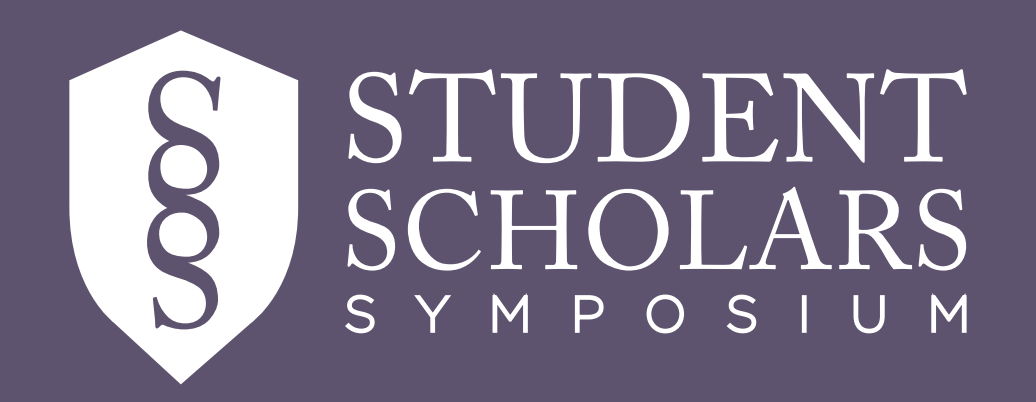Location
Collins Auditorium
Start Date
16-4-2025 2:15 PM
End Date
16-4-2025 2:30 PM
Presentation Type
Oral/Paper Presentation
Abstract
This research explores how folklore and oral traditions adapt within digital spaces, focusing on Native American Skinwalker narratives and Biblical parables. By exploring these stories’ transformation on modern platforms, we are able to see the impact of digital media on traditional storytelling. In Navajo mythology, Skinwalkers are individuals, typically male, who practice the Witchery Way, gaining the ability to transform into animals to cause harm and disrupt the natural order. However, modern media often portrays them as monstrous, alien-like creatures, stripping away their cultural significance. The rise of sensationalized narratives, such as those surrounding Skinwalker Ranch, further these misconceptions, linking Skinwalkers to UFOs and paranormal activity. This differing portrayal distorts their role in Navajo belief systems and also confuses them with other Native American figures, such as the Wendigo, further spreading an untrue narrative. Digital platforms are valuable for preserving folklore but can accelerate the spread of misinformation. If similar distortions were applied to Biblical parables, there would likely be widespread concern over the loss of their intended meaning. This parallel underscores the importance of protecting oral traditions from misinterpretation. As folklore continues to evolve in digital spaces the need for a balance between preservation and adaptation becomes critical. This project investigates the balance between preserving traditional storytelling and its evolution in today's digital world.
Faculty Mentor
Bethy Butler
Recommended Citation
Padgett, Echo, "From Oral Traditions to Digital Screens: The Evolution of Folklore in the Modern Age" (2025). Student Scholar Symposium. 2.
https://digitalcollections.lipscomb.edu/student_scholars_symposium/2025/FOCUS/2
Included in
History Commons, Indigenous Education Commons, Other Languages, Societies, and Cultures Commons
From Oral Traditions to Digital Screens: The Evolution of Folklore in the Modern Age
Collins Auditorium
This research explores how folklore and oral traditions adapt within digital spaces, focusing on Native American Skinwalker narratives and Biblical parables. By exploring these stories’ transformation on modern platforms, we are able to see the impact of digital media on traditional storytelling. In Navajo mythology, Skinwalkers are individuals, typically male, who practice the Witchery Way, gaining the ability to transform into animals to cause harm and disrupt the natural order. However, modern media often portrays them as monstrous, alien-like creatures, stripping away their cultural significance. The rise of sensationalized narratives, such as those surrounding Skinwalker Ranch, further these misconceptions, linking Skinwalkers to UFOs and paranormal activity. This differing portrayal distorts their role in Navajo belief systems and also confuses them with other Native American figures, such as the Wendigo, further spreading an untrue narrative. Digital platforms are valuable for preserving folklore but can accelerate the spread of misinformation. If similar distortions were applied to Biblical parables, there would likely be widespread concern over the loss of their intended meaning. This parallel underscores the importance of protecting oral traditions from misinterpretation. As folklore continues to evolve in digital spaces the need for a balance between preservation and adaptation becomes critical. This project investigates the balance between preserving traditional storytelling and its evolution in today's digital world.



